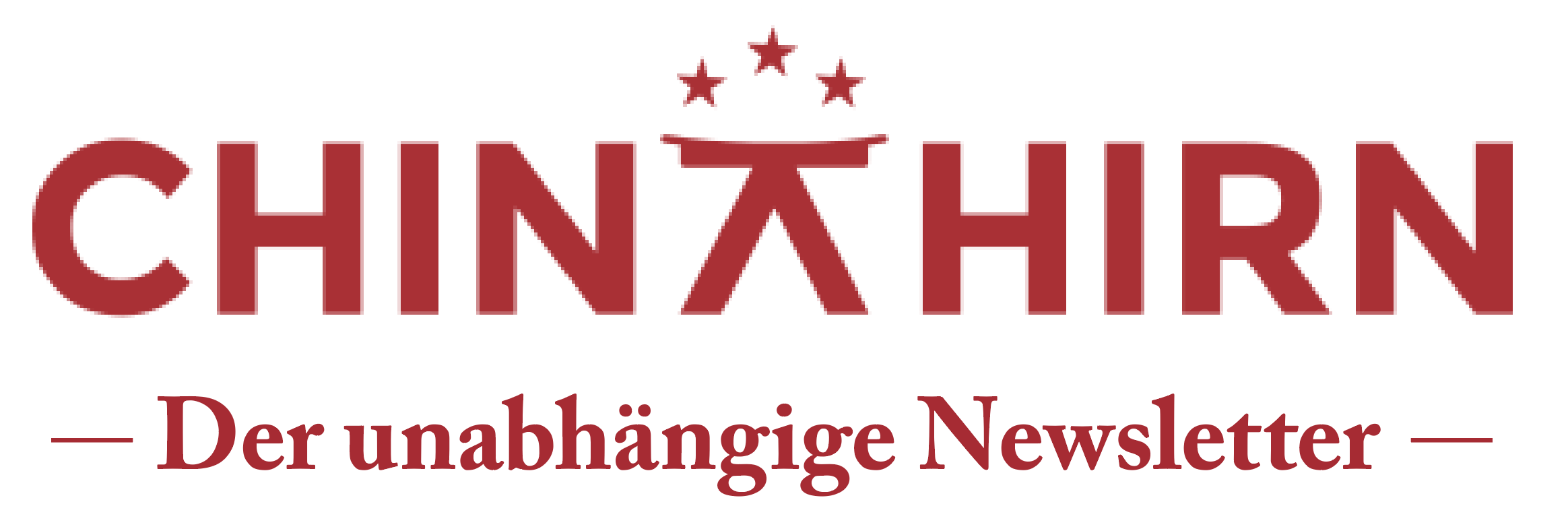Wie gefährlich ist TikTok für die nationale Sicherheit? Das ist die Frage, die sich vor allem in den USA viele Politiker stellen. Beziehungsweise sie stellen sie gar nicht mehr, sondern haben sie schon längst beantwortet: TikTok gefährdet die nationale Sicherheit. Aus, basta, keine weiteren Fragen. Nur wenige wagen trotzdem Zweifel an diesem Urteil zu artikulieren. Zum Beispiel Milton L. Mueller und Karim Farhat von Georgia Institute of Technology. In ihrem – schon Anfang des Jahres erschienen – Report „TikTok and US national security“. Dort kommen sie zu anderen Schlussfolgerungen als die Mehrheit der US-Politiker. „TikTok is a commercially-motivated enterprise, not a tool of the Chinese state.” Oder: “TikTok is not exporting censorship, either directly by blocking material, or indirectly via its recommendation algorithm. Its content policies are governed by market forces.“ Außerdem relativieren die Autoren den Spionage-Vorwurf: “The data collected by TikTok can only be of espionage value if it comes from users who are intimately connected to national security functions and use the app in ways that expose sensitive information. These risks arise from the use of any social media app, not just TikTok, and cannot be mitigated by arbitrarily banning one app.”
Info:
Die Studie „TikTok and US national security” kann man hier downloaden:
https://www.internetgovernance.org/wp-content/uploads/TikTok-and-US-national-security-3.pdf
